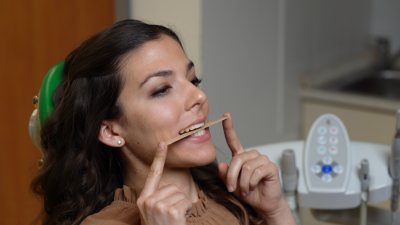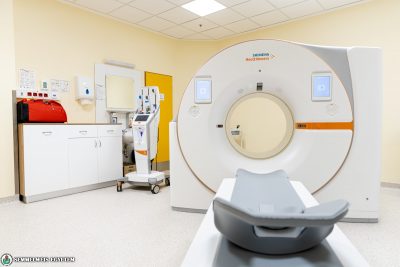The number of young children treated for respiratory symptoms has increased eight to ten times in recent months, according to the data collected by Semmelweis University.
The sudden deterioration in infants’ health is not caused by the coronavirus, but by an other pathogen responsible for upper respiratory disease, the so-called RSV (respiratory syncytial virus). RSV is a long-known, highly virulent pathogen that spreads by droplets, but has not caused such an epidemic for decades, told dr. Attila Szabó. The pediatrician president of the Clinical Center also reported that mainly premature and newborn babies and infants are at high risk of developing the disease. It is more likely to develop severe inflammation of the small airways (bronchiolitis) or even pneumonia, which hinders oxygen uptake.
The season of RSV infection starts late autumn and peaks in the winter months, but this year we have experienced a surge of patient attendance at the University’s Pediatric Clinic since the beginning of October because of RSV, according to Attila Szabó. He added that the latency period, which lasts for an average of 4-5 days until the onset of the first symptoms, helps the rapid spread of the pathogen. An infected person can spread the pathogen to those around them during this period. The disease usually does not cause a serious problem in preschoolers or older children and adults, it’s usual symptoms are runny nose, fever, loss of appetite (like a common cold), so they present high risk in terms of spreading the virus.
The pediatrician underlined that currently there is no therapy or drug for infection with the virus, so special emphasis should be placed on prevention, which has become commonplace during the COVID-19 epidemic: frequent hand washing, mask use, surface disinfection, social distancing. RSV remains infectious on solid surfaces (e.g. door handles, telephones) for approximately 7-8 hours.
With upper respiratory symptoms, seek medical attention immediately if you experience rapid, shallow breathing, wheezing, or uncontrollable cough in young children.For premature babies and newborns feeding difficulties can also be an important warning sign due to the risk of dehydration. Hospitalization is needed for those children who have developed severe inflammation of the small airways and require oxygen or infusion therapy to prevent dehydration. “This year, unlike previous decades, we saw cases requiring hospital treatment up to the age of 6.” – said dr. Attila Szabó.
There is no traditional vaccine to prevent RSV infection, but children in the highest risk group (under 2 years) are eligible to a so-called passive immunization, that means injecting the antibody into the muscle. But this only provides short-term protection. ‘There is a rapid test to identify the infection, and a PCR test, that many acquainted with during the coronavirus epidemic could bring certainty’ says the president. A positive test means neither a quarantine obligation nor an automatic hospital admission.


